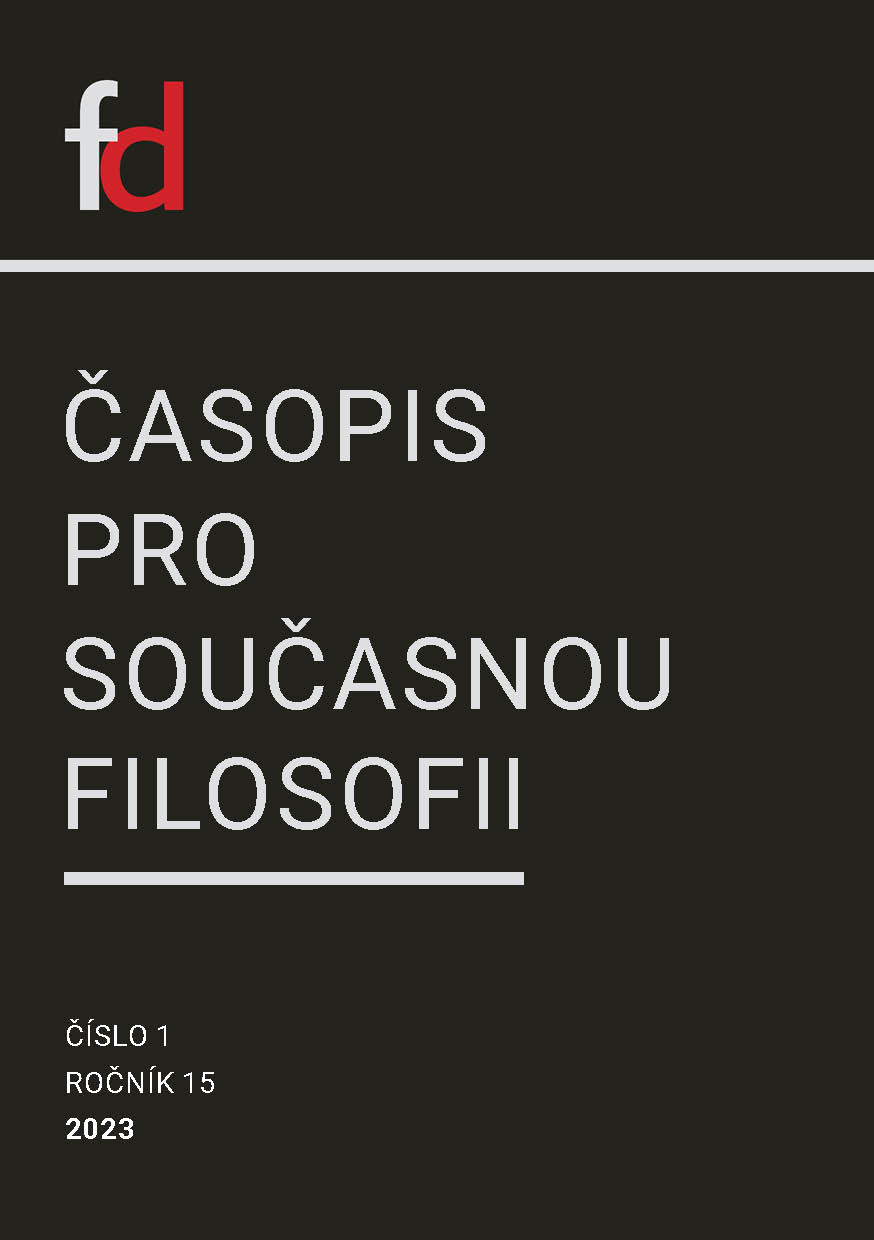Is argument from cause to effect really defeasible?
DOI:
https://doi.org/10.26806/fd.v15i1.356Abstract
According to informal logic, the possibilities of deductive logic as a tool for analysing and evaluating ordinary arguments are very limited. While I agree with this claim in general, I question it in the case of the argument from cause to effect. In this paper I first show, on the basis of carefully chosen examples, that we usually react differently to falsification of the conclusion of the argument from cause to effect than we do to the falsification of the conclusion of other defeasible arguments. I then identify general conditions and assumptions under which the causal argument from cause to effect can be reconstructed as deductive. Finally, I compare the causal argument with the expert argument, which is a typical example of a defeasible argument in the narrower sense.
Key words: defeasible argument, deductive argument, causal argument from cause to effect, determinism, formal deductive logic, informal logic
Downloads
Published
Issue
Section
License
Authors who publish in this journal agree that:
1. Authors retain copyright and guarantee the journal the right of first publishing. All published articles are licensed under the Creative Commons Attribution license, which allows others to share this work under condition that its author and first publishing in this journal was acknowledged.
2. Authors may enter into other agreements for non-exclusive dissemination of work in the version in which it was published in the journal (for example, publishing it in a book), but they have to acknowledge its first publication in this journal.
3. Authors are allowed and encouraged to make their work available online (for example, on their websites) as such a practice may lead to productive exchanges of views as well as earlier and higher citations of published work (See The effect of open access).


